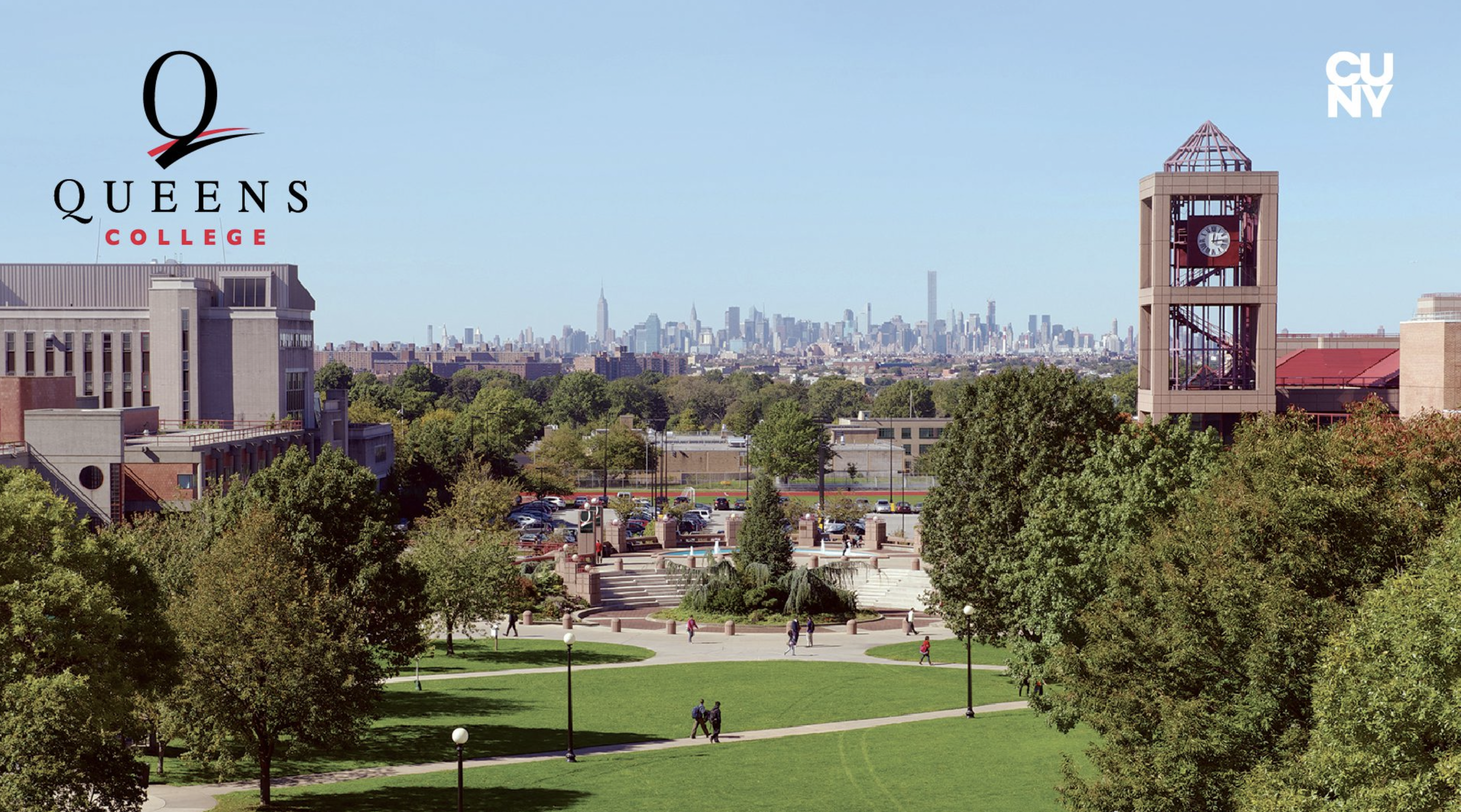Most students know of the high-profile President’s, Bursar, and Finance and Budget offices. However, there are many other administrative bodies which are seldom discussed. The Auxiliary Enterprises Corporation (AEC), the Student Services Corporation (SSC), the Queens College Association (QCA), the College Personnel and Budget Committee (P&B), and the Academic Senate are among the most important administrative bodies that students rarely hear of.
The CUNY Bylaws article XVI, section 16.13 states that all student activity fee allocating bodies are required to fully disclose all financial information to the college. It is important that each and every administrative body operates with full transparency so that students can access financial documents and have greater leeway on decision-making with student fees and funds.
The AEC
The AEC oversees QC’s revenue generating auxiliary enterprise services and is responsible for securing new products and services that contribute to enhancing the experience of students and staff. The AEC obtains its funds from the assets and services it administers which include on campus dining, parking, and vending amongst other things. The AEC bylaws outline two sub-committees: the Food Service Committee and the Bookstore and Game Room Committee, which are responsible for providing recommendations for the respective services. In the fiscal year 2023, the AEC generated nearly $6.1 million in revenue and had total expenses that amounted to $9.6 million.
The SSC
The SSC is responsible for managing the Student Union Building and oversees the Student Union Fee, which is $71 for full time undergraduate students and $55 for part time undergraduate students per semester. According to the SSC bylaws, the purpose of the corporation is to serve “the vital educational, social and recreational needs of the students,” of QC. In the fiscal year 2023, the SSC generated nearly $2.9 million in revenue and total expenses amounted to $2.8 million.
The QCA
The QCA is responsible for supervising and reviewing student activity fee supported budgets, and funding programs for the student body. The QCA manages funds for the Office of Student Development and Leadership, the Student Association, and the Committee for Disabled Students. The QCA has oversight over all sorts of student club budget requests, budget allocation, procurement, and other related areas.
The P&B committee
According to the CUNY Board of Trustees’ bylaws, the P&B committee is responsible for receiving all recommendations for annual appointments to full-time faculty titles “reappointments thereto, with or without tenure, and promotions therein, together with compensation.” The members of the P&B committee include department chairs, the vice president of academic affairs, and the college president who is the chair. The president is responsible for preparing an annual tentative budget that is submitted to the committee for recommendations. Once the committee makes its recommendations, the president will submit the tentative annual budget with their comments, and any recommendations of the committee, to the chancellor.
The Academic Senate
The Academic Senate is responsible for making policies “relating to the admission and retention of students, curriculum, granting of degrees, campus life, and the nomination of academic deans,” according to the QC website. The Academic Senate is composed of 20 student senators and 40 faculty senators, as well as some non voting ex-officio members. The Academic Senate has 11 standing committees, three special committees and three college committees.
To learn more about the structure of the administrative bodies and how they operate, another article related to this topic from The Knight News can be read here.











